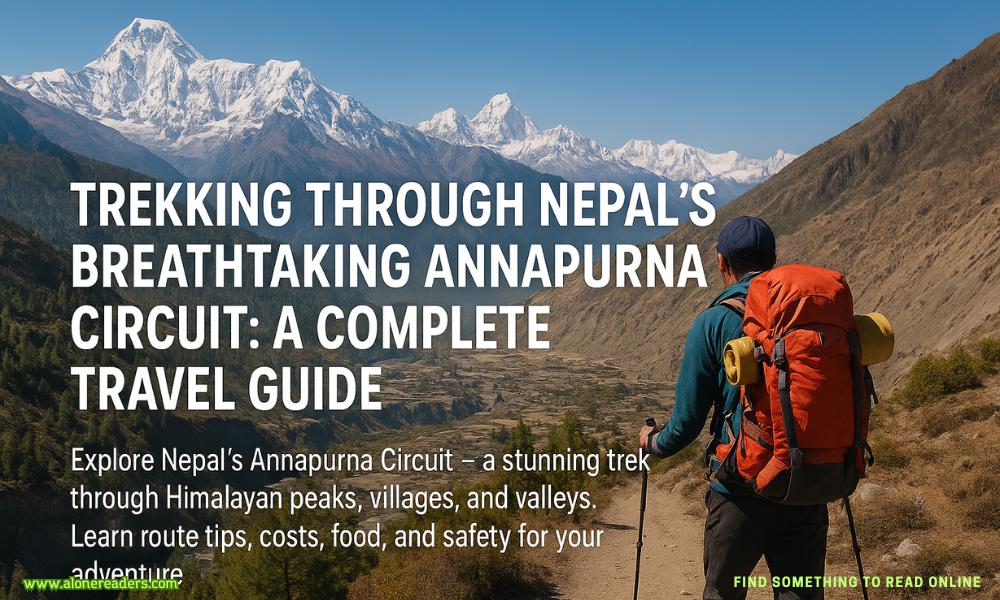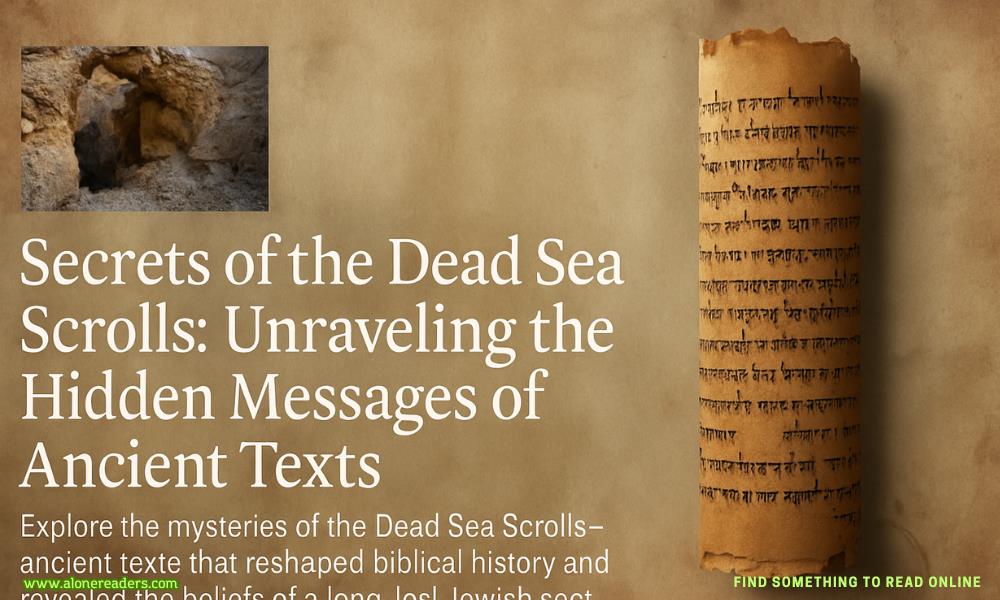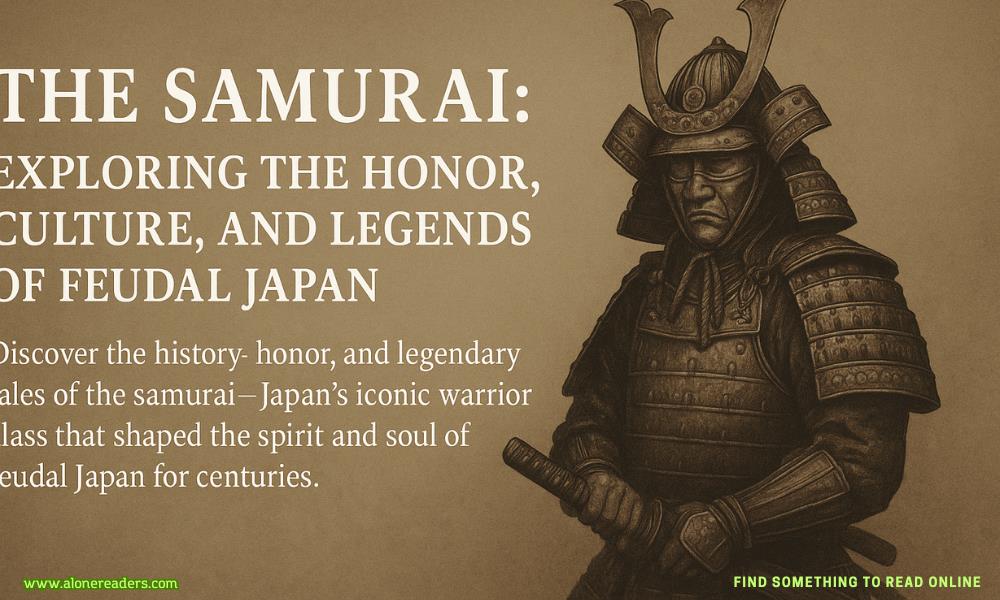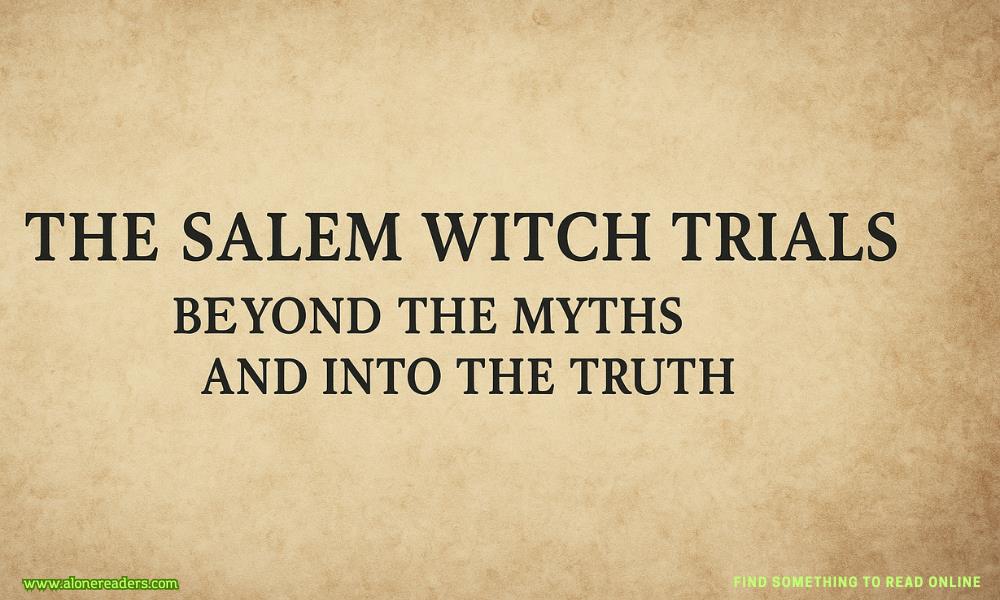Page 34 of Badlands
“I looked it up on the maps before we came.”
Corrie felt a twinge of embarrassment that she hadn’t thought to do that herself.
Beyond the eroded cones of land, Corrie noted a swale leading up to one of the black, stubby fingers of rock that dotted the landscape. It looked similar to the one where Molly Vine’s remains had been found; in the aerial photographs, taken during late afternoon from above, its striking height had not been as recognizable.
Her eye was drawn to the base of the finger, where she spied activity.
“Uh-oh,” said Watts, staring, and then urging his horse into a lope. As they approached, two coyotes fighting over something broke off and scattered, clearing away from what Corrie now saw was the corpse of the victim.
One was trotting off with something in its mouth.
“Son of a bitch!” she yelled, pulling out her handgun and firing. The horse jumped at the boom and began prancing about as she gripped the reins in a panic, almost dropping her weapon. And of course, she missed.
Watts coolly pulled a revolver and fired, taking the coyote down. A moment later, a second shot dropped the other.
Corrie finally got her horse under control and was able to reholster her sidearm. “Nice shooting,” she said, embarrassed. “I’m not much of a shot myself.”
“It’s super difficult to shoot off the back of a horse,” he said, in a kindly tone. “Luckily, these horses go hunting with me and areused to hearing gunshots—otherwise, you might have been in quite a rodeo there.”
“I hate to kill a wild animal like that, but couldn’t let it run off with human remains,” said Corrie, lamely.
“Of course. Let’s dismount and take a look.”
He got off his horse and untied the lead rope, letting it drop to the ground. He tossed the pack horse’s lead on the ground as well. “Just drop the lead rope,” he said. “These horses ground tie.”
Corrie didn’t know what he meant, but did as he suggested, dismounting and letting the halter rope fall to the ground. She walked toward the huddled body, partially torn apart and shriveled from the harsh sun, but still mostly intact. Coming up to the coyotes lying in the dust, she saw one had a human hand clenched between its jaws.
“Jesus,” she murmured.
She moved closer to the corpse and stared down at it. For perhaps a minute, she remained where she was, Watts silent behind her. The body lay in a fetal position at the base of the witch’s finger, arms outstretched. The one remaining hand was clutched in a half-open position, and nestled inside its shriveled fingers was a lightning stone. A second lay in the dust nearby, darkly green and asleep despite the midday sun.
19
SKIPKELLY ARRIVEDearly and waited nervously in the parking lot of the Institute for Edison Nash to arrive. He eventually did, twenty minutes late, driving a 1960 Ford F-100 in two-toned white over turquoise. It swung into the lot with a scurry of gravel. If ever there was a vehicle that stuck out, this was it. Skip hoped to hell that no one was working at the Institute on a Sunday.
“Nice ride,” Skip said as Edison hopped out.
“I just love these old Ford trucks,” said Edison. “I got three more in the garage—I’ll show you sometime.” He pulled off his sunglasses and looked around at the low-slung adobe buildings tucked among the cottonwood trees. “Nothing ever changes around this pile, does it?”
“It’s a stuffy old place.”
“I’ll say. Hidebound. Did I tell you, around ten years ago, when I first inherited the collection, I offered to donate a few really nice pieces to the Institute? Not that I’m some sort of philanthropist—I was looking for a tax deduction.” He gave a quick laugh.“The bastards turned me down, saying the stuff had been collected ‘improperly.’”
Skip shook his head. Nash had in fact mentioned this story before, and it was obviously a sore point. “They have all kinds of rules about provenance and so forth.”
“Yeah, but the fact is, archaeologists were the nastiest looters and grave robbers of all time. Now they’ve cleaned up their act and put on a holier-than-thou mug. I’ll bet half the stuff in here was collected ‘improperly.’” He gave a cynical snort. “Well, let’s go check it out. I’ve always wanted to see their shit. It’s supposed to be one of the finest collections in the world.”
“It is,” said Skip, pride mingling with anxiety. The other evening, Nash had talked him into a behind-the-scenes tour of the Institute’s collections, and the man was, if anything, persuasive—especially after a few rounds of reposado. Skip wasn’t sure if showing Nash around was strictly kosher. He was permitted to escort credentialed visitors through the collections, but whether Nash was “credentialed” or not was questionable. At least, Skip thought, it was Sunday, and they weren’t likely to be challenged. Even if they were, Skip figured he could justify it by saying Nash had been asked by the FBI to provide information on lightning stones, and for that reason he needed to see the collection.
Skip slipped in his card and pressed the code at the main door of the collections building, and Nash followed him in. The reception area was dark, lights turned off. After crossing the lobby and heading down a hall, Skip filled out the logbook. He hesitated, wondering whether to put down Nash’s name in the visitors’ column, and then decided not to. Why raise questions? There was, of course, security video, but Skip knew that no one ever looked at it and wouldn’t—unless there was a robbery or some other problem.
“This way,” he said.
They headed down a hall to the open collections. This was storage, but it had been set up in such a way that the finest objects were displayed on shelves and in glass cases, visible and accessible to visitors, so they could be seen and studied without the hassle of opening cabinets and drawers.
Skip flicked on the lights. A slight gasp came from Nash, who stared into the generous space packed with row after row of ancient Pueblo pottery.
“Incredible!” he muttered.
- Her Billionaire Boyfriend by Abigail Barnette
- Desperate Temptations by Lila Fox
- Vengeful Pawn by K.L. Donn
- Defending Love by Aleatha Romig
- Playing with Forever by Erika Wilde
- Changing Caleb by J.L. Leslie
- A Touch of Fate by Cora Reilly
- Safe and Sound by Jisa Dean
- That: Taylor & Brooks by C. Monet
- Shades of Scars by January Blue
- Bratva Boss's Secret Baby by Bella King
- My Bratva Dom by Imani Jay
- Cheating the Devil by Samantha Cole
- Luke by Lisa Lovell
- Flying Colors by C.J. Bishop
- Cole by C.J. Bishop







